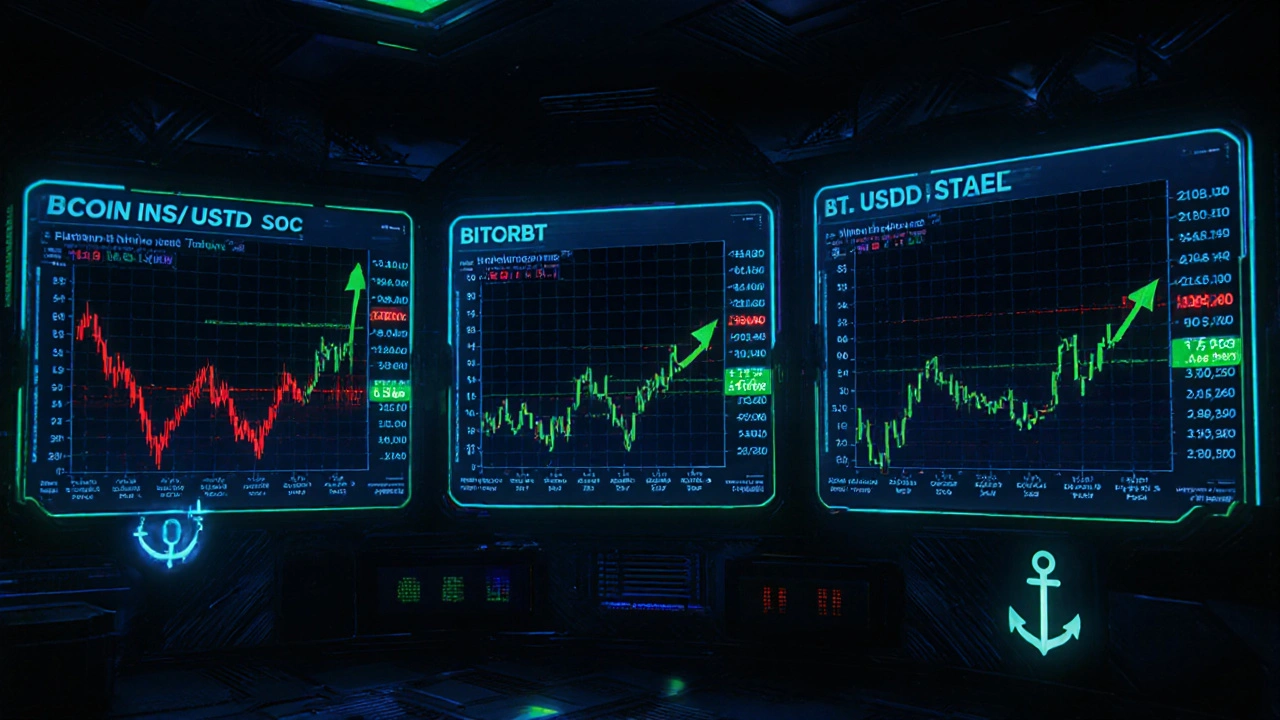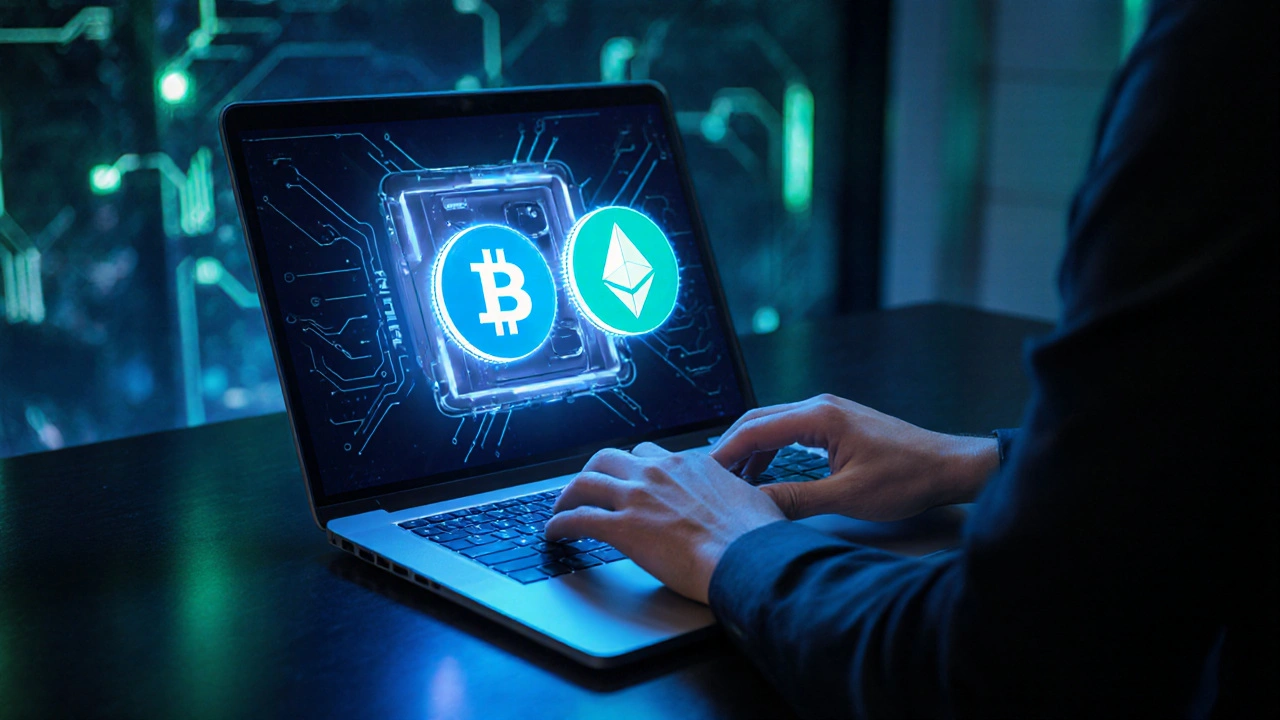Cryptocurrency: A Practical Guide to Modern Digital Money
When talking about Cryptocurrency, a form of digital currency that uses cryptographic techniques and decentralized ledgers to record transactions. Also known as digital assets, it lets anyone move value without a bank. Liquidity Pools, collections of tokens locked in smart contracts to enable trading on decentralized platforms are a core piece of this ecosystem. Together, cryptocurrency and liquidity pools create a system where users can trade any time, without waiting for a matching order.
How the Building Blocks Fit Together
One key mechanism behind liquidity pools is the Automated Market Maker, an algorithm that sets token prices based on the pool’s balance, removing the need for order books. This means the market can operate 24/7, and anyone can become a provider by depositing assets. Ethereum Transaction Priority, the system that decides which transactions get processed first on the Ethereum network directly impacts how quickly you can add or withdraw from a pool. Higher Gas Fees, payments made to miners or validators for processing transactions usually speed up confirmation, especially when network load is heavy. In short, cryptocurrency encompasses liquidity pools, liquidity pools require automated market makers, and automated market makers are driven by transaction priority and gas fees.
Our curated collection below brings together guides that break each of these pieces down. Whether you’re curious about the math behind a pool, want to master Ethereum’s fee structure, or are looking for ways to earn passive income as a liquidity provider, the articles will give you clear steps and real‑world examples. Dive in to see how these concepts intertwine and how you can apply them to your own crypto journey.

Stablecoin Pairs in Crypto Trading: How to Reduce Volatility Exposure
Stablecoin pairs like BTC/USDT let crypto traders avoid market crashes without leaving the crypto ecosystem. Learn how they work, which ones to use, and how to protect your portfolio from volatility.
view more
What Is a Hot Wallet in Crypto? Simple Guide
A hot wallet is an online crypto storage solution for quick transactions. This guide explains what a hot wallet is, how it works, top options, setup steps, safety tips, and when to move funds to a cold wallet.
view more
Understanding How Liquidity Pools Work in Crypto
Learn how crypto liquidity pools work, from the math behind automated market makers to earning fees, managing impermanent loss, and becoming a liquidity provider.
view more
Understanding Ethereum Transaction Priority: How Gas Fees and Network Load Shape Your Transaction Speed
Learn how Ethereum transaction priority works, why gas fees matter, and how to tweak tips and max fees for faster confirmations during busy network periods.
view more